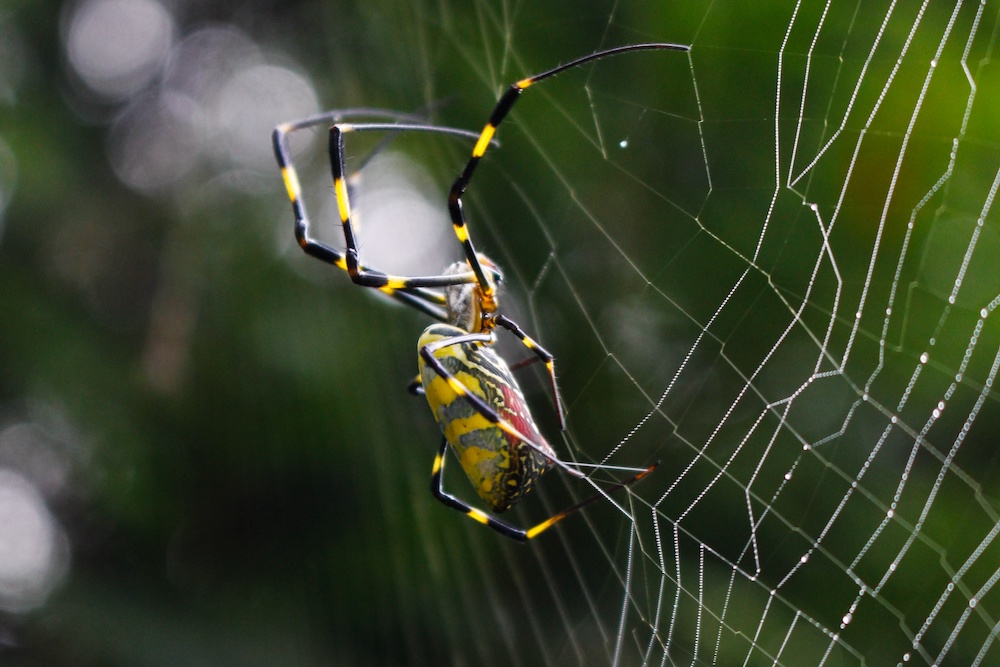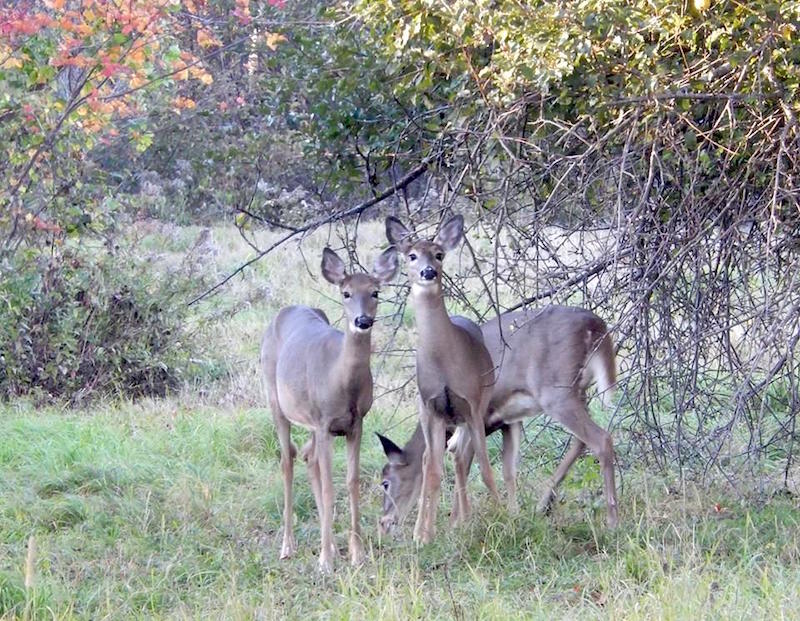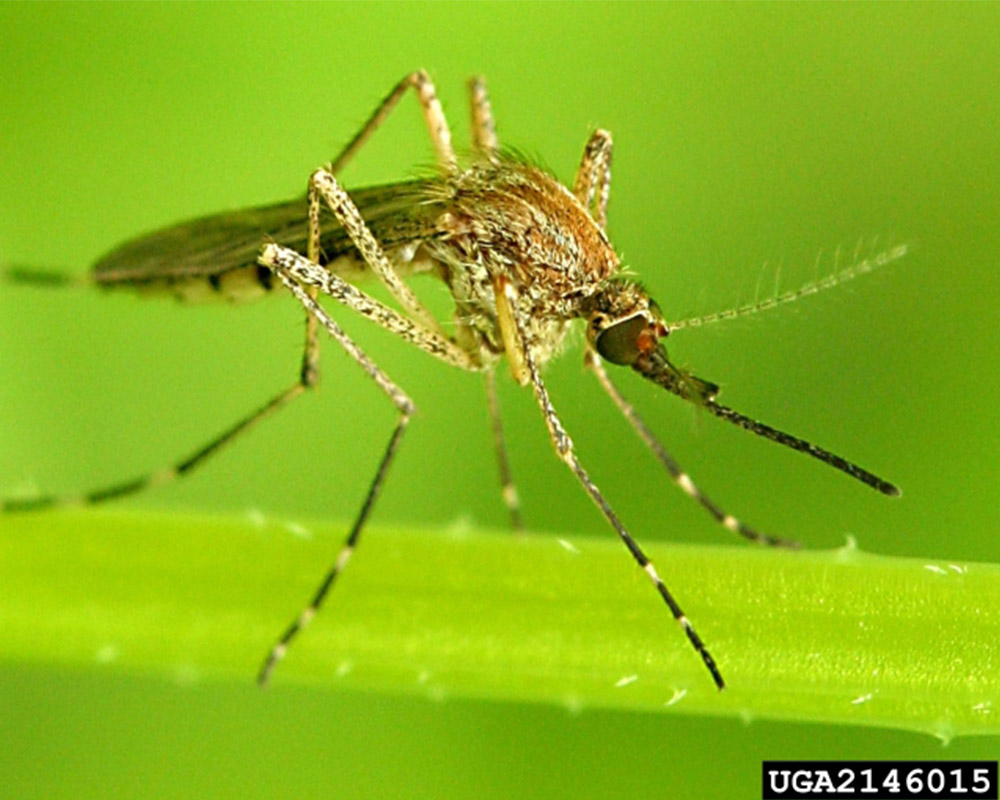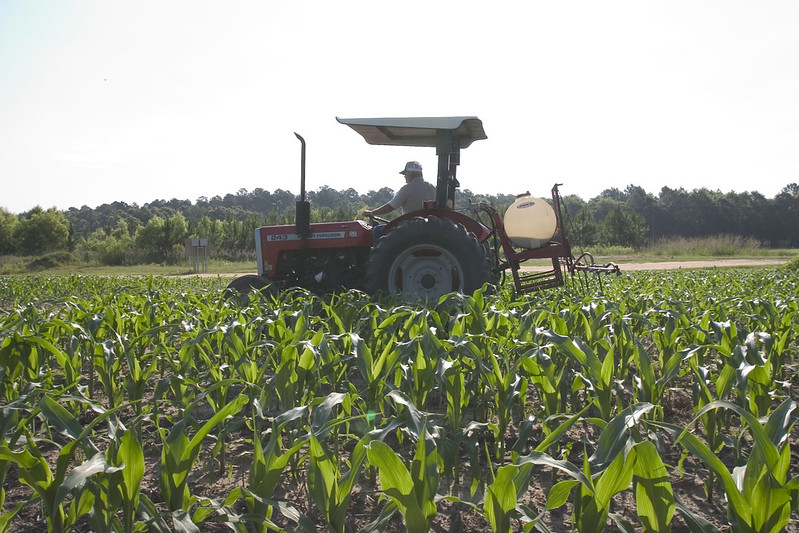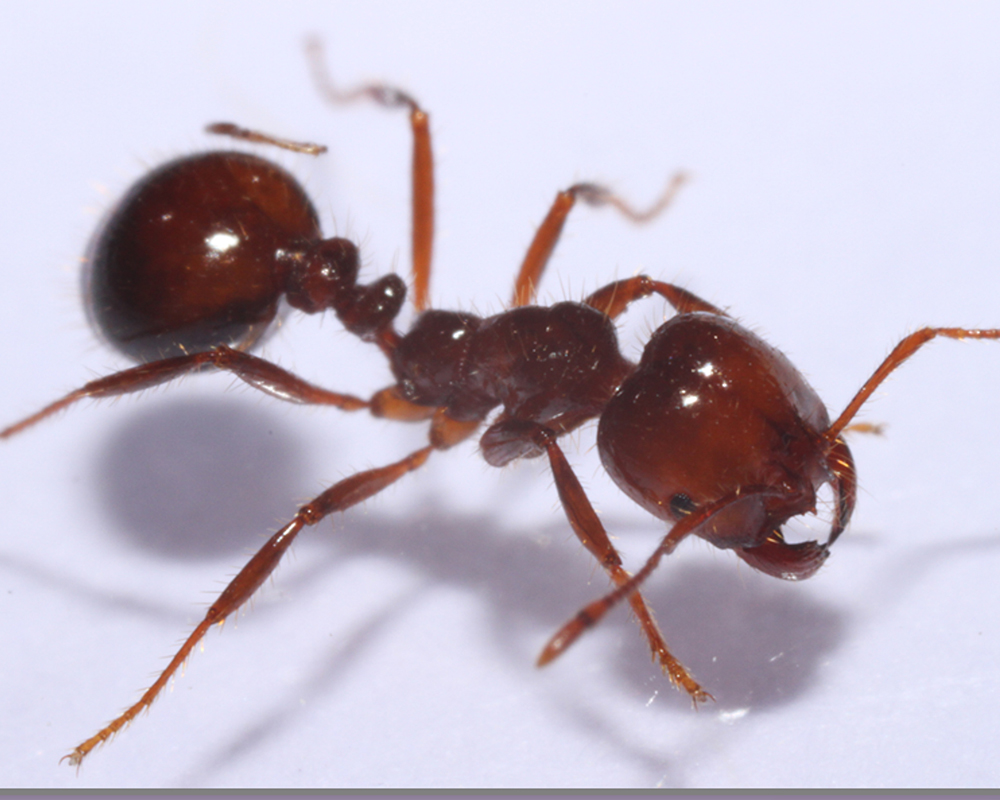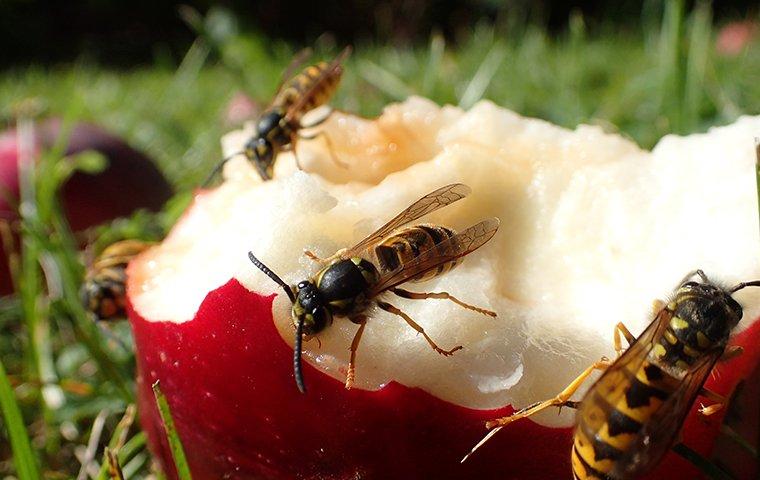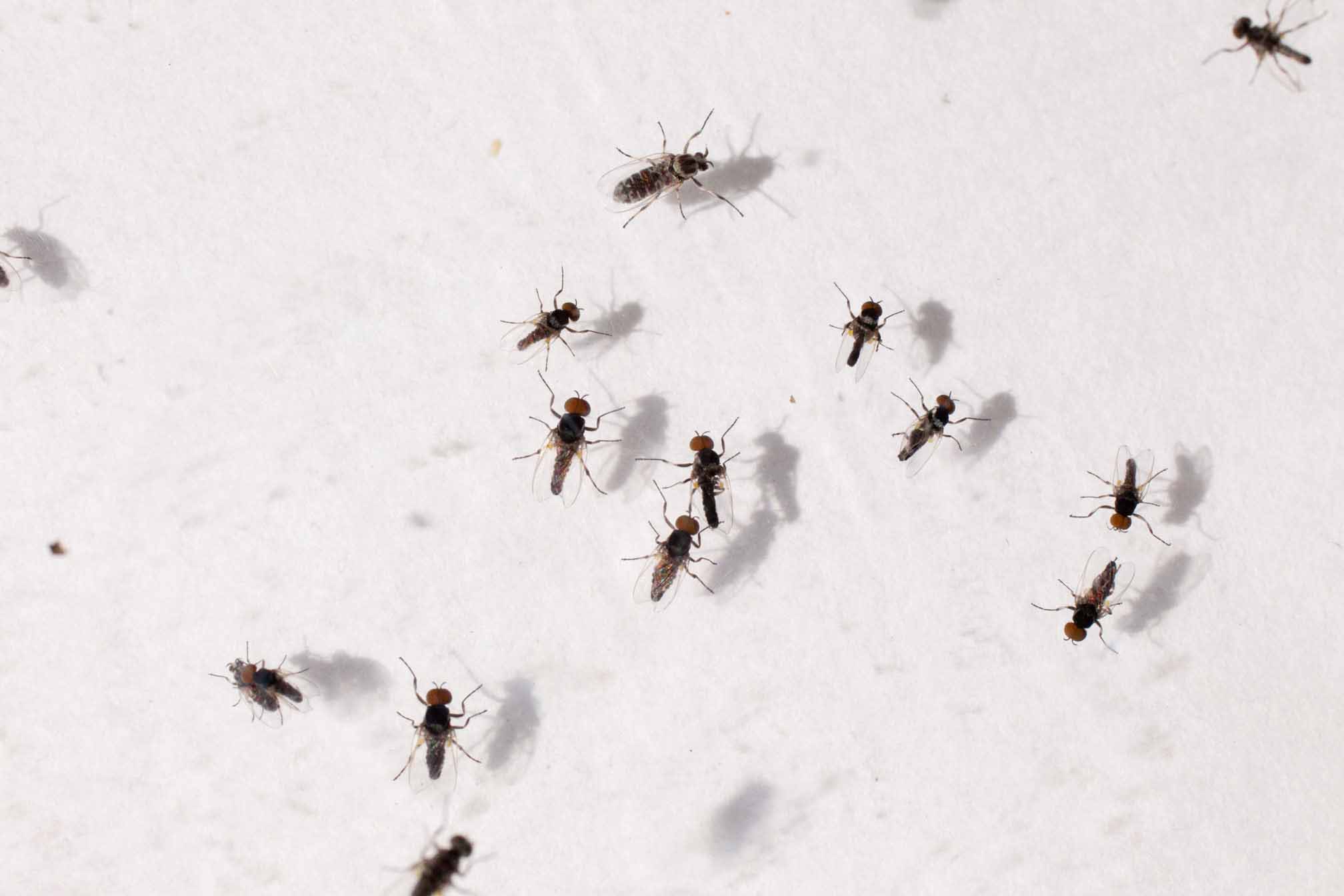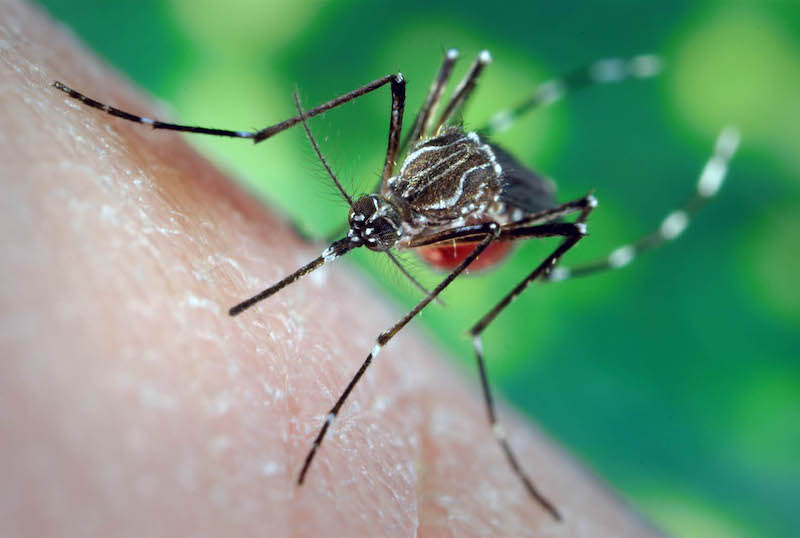 CAES News
CAES News
Community Mosquito Management
Spring is approaching and now is a great time to schedule a community clean-up event. These events can be organized by citizens, civic groups or local governments and often have a theme or targeted area in a town or community. Clean-up events provide many benefits to a community including raising the awareness of litter prevention, developing pride in our communities and restoring the natural environment.

